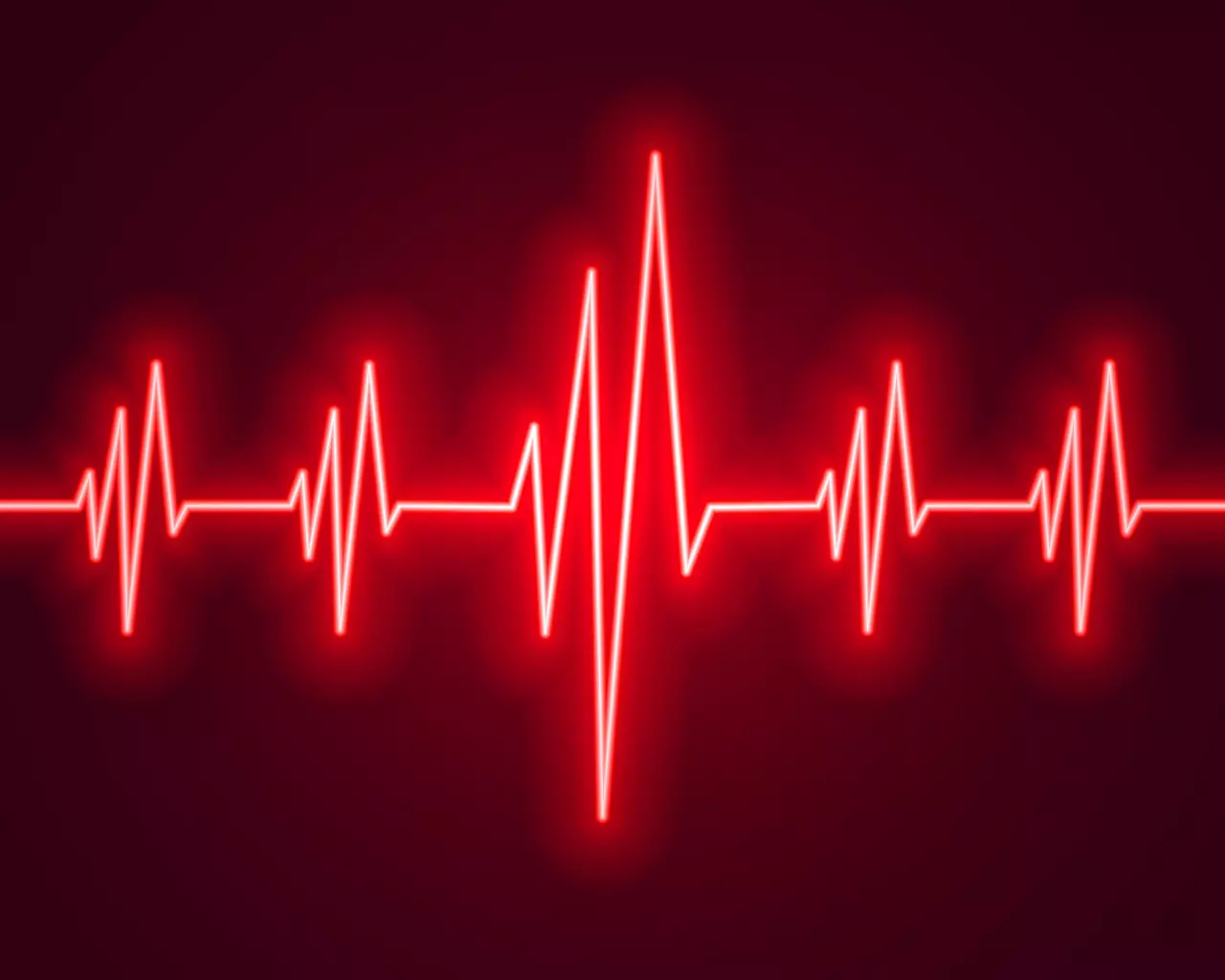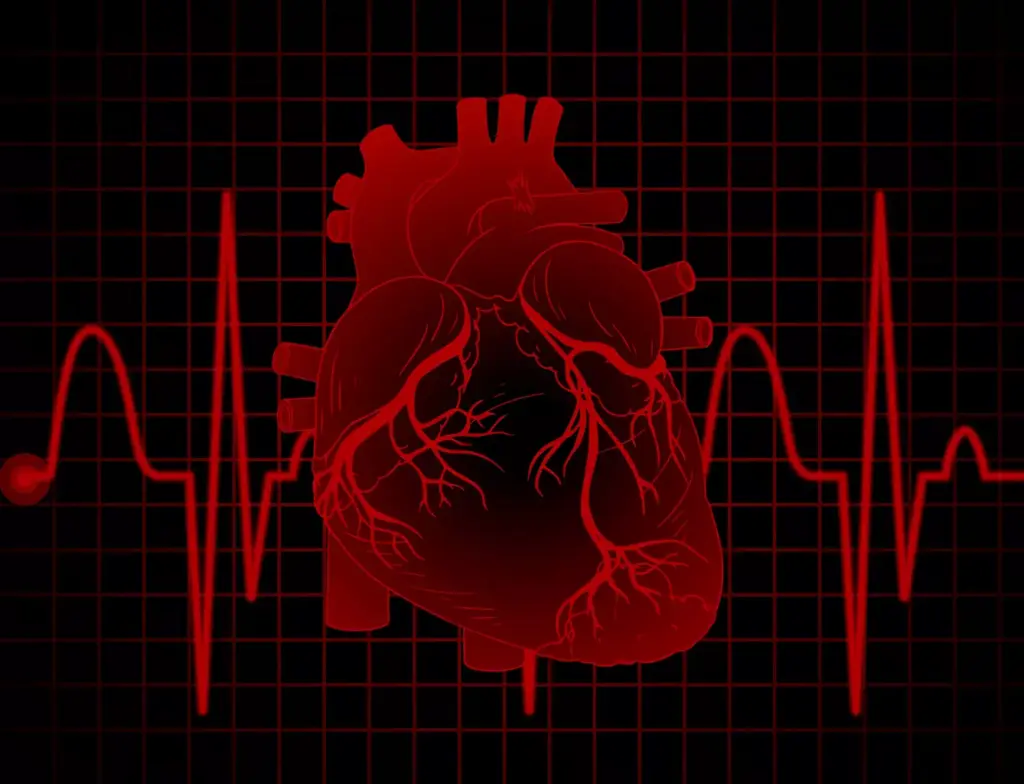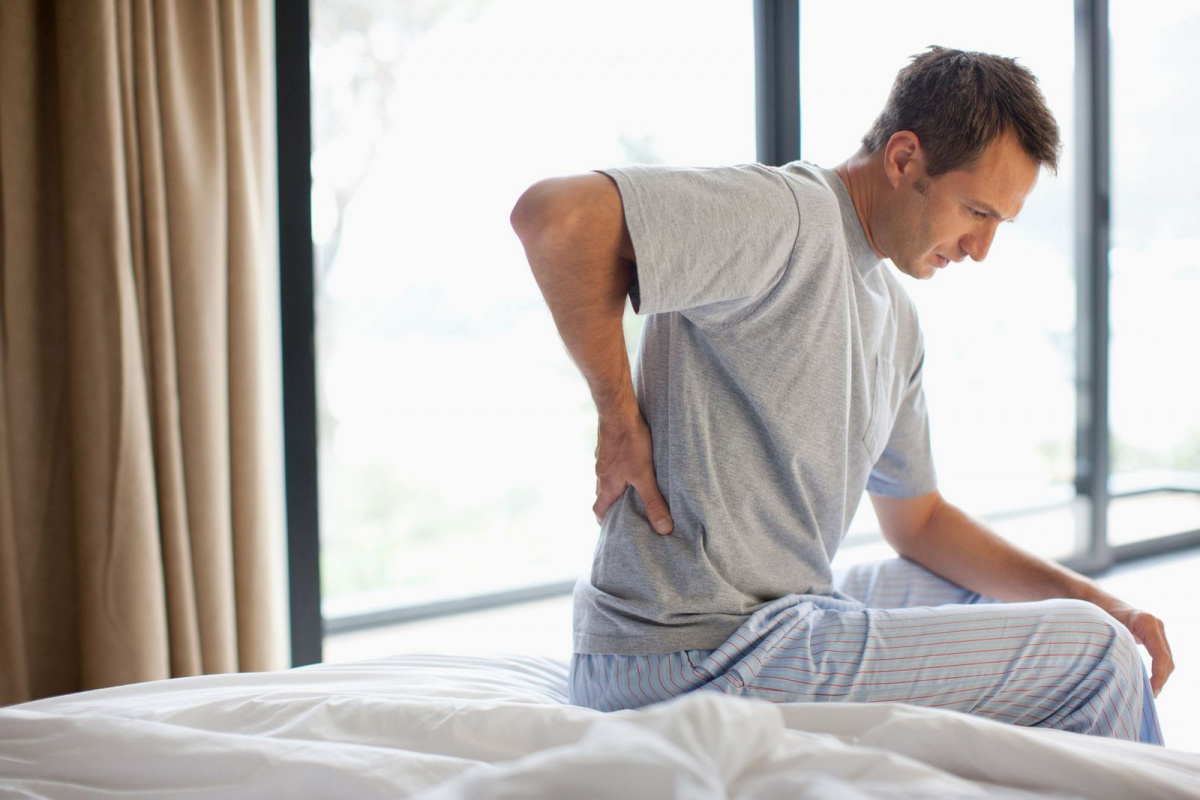
Ever felt your heart racing after a drink? You’re not alone. At Liv Hospital, we focus on top-notch cardiac care. We explain how drinking can mess with your heart rhythm.
Drinking can make your heart beat too fast or irregularly. This can be scary, and you might wonder why it’s happening.
Feeling your heart skip beats after drinking is worrisome. Our guide sheds light on the link between drinking and heart issues. It helps you take care of your heart better.
Key Takeaways
- Drinking can trigger irregular heartbeat.
- Understanding the link between drinking and heart rhythm is key.
- Liv Hospital offers expert cardiac care.
- Controlling your drinking can lessen heart palpitations.
- It’s vital to see a doctor if your heartbeat stays irregular.
The Physiological Impact of Alcohol on Heart Rhythm

Alcohol affects the heart in many ways, including its rhythm and rate. Drinking alcohol can change how the heart works. This can lead to irregular heartbeats that worry many people.
Normal Heart Function vs. Alcohol-Affected Heart
A healthy heart beats regularly, thanks to electrical signals between its cells. But, alcohol can mess with this balance. It can cause irregular heartbeats or palpitations.
The heart’s rhythm is usually controlled by the sinoatrial node, the heart’s natural pacemaker. Alcohol can affect this node and the autonomic nervous system. This can lead to a rapid heart rate or alcohol tachycardia after drinking.
Immediate Effects After Consumption
Drinking alcohol can have quick effects on the heart. Alcohol increases heart rate. This is because it changes the autonomic nervous system. This system controls body actions without us thinking about them.
The effects can differ based on how much alcohol is drunk and individual tolerance. But knowing these effects is key to understanding alcohol’s impact on heart health.
Understanding “Holiday Heart Syndrome”

When we celebrate holidays with loved ones, the chance of getting ‘Holiday Heart Syndrome’ goes up. This condition makes your heart beat irregularly after drinking too much. It usually happens during festive times.
Definition and Origin of the Term
The term ‘Holiday Heart Syndrome’ was first mentioned in the 1970s. It’s about heart rhythm problems after drinking a lot of alcohol. This usually happens during holidays or big events.
Why Celebratory Drinking Triggers Heart Issues
Celebratory drinking often means drinking a lot at once. This can overwhelm your heart, causing irregular beats. The exact reasons are complex, but it involves alcohol’s impact on the heart’s electrical system.
| Factors Contributing to Holiday Heart Syndrome | Description |
|---|---|
| Excessive Alcohol Consumption | Binge drinking during holidays or special events |
| Pre-existing Heart Conditions | Individuals with pre-existing heart conditions are more susceptible |
| Age and Health Status | Older adults and those with poor health are at higher risk |
Knowing about ‘Holiday Heart Syndrome’ helps prevent heart problems at celebrations. By understanding the dangers of too much drinking, we can keep our hearts safe.
Alcohol and Heart Palpitations: The Direct Connection
Alcohol and heart rhythm have a complex relationship. Understanding this is key to keeping our hearts healthy. We’ll look at how alcohol affects heart palpitations and the reasons behind these effects.
How Alcohol Disrupts Heart Rhythm
Alcohol can mess with the heart’s electrical system. This can cause irregular heartbeats, or arrhythmias, which feel like palpitations. “The consumption of alcohol can lead to changes in the autonomic nervous system, which controls involuntary actions of the body, such as heartbeat.” Alcohol impacts the autonomic nervous system, which includes the sympathetic and parasympathetic systems.
The American Heart Association says, excessive alcohol consumption can lead to holiday heart syndrome, a condition characterized by irregular heart rhythms.
The Role of Autonomic Nervous System
The autonomic nervous system is key in controlling heart rhythm. Alcohol can alter this system, changing heart rate and rhythm.
Recognizing the Symptoms of Alcohol-Induced Heart Issues
It’s important to know how alcohol affects your heart. Alcohol can cause heart problems in different ways. Spotting these symptoms early can help avoid bigger issues.
Identifying Racing Heart and Palpitations
A racing heart or palpitations are common signs. These feelings make your heart seem to pound or flutter. If you notice these after drinking, pay attention to how often and how bad they are.
Tachycardia and Other Measurable Changes
Tachycardia means your heart beats too fast. A normal heart rate is 60 to 100 beats per minute. If your heart rate goes over this after drinking, it might be a problem. You might also see changes in blood pressure and ECG readings.
| Symptom | Description |
|---|---|
| Racing Heart/Palpitations | Sensation of heart pounding, fluttering, or irregular beats |
| Tachycardia | Heart rate exceeding 100 beats per minute |
| Other Changes | Variations in blood pressure and ECG readings |
Risk Factors: Who Is More Vulnerable to Alcohol-Related Heart Issues?
The impact of alcohol on heart health varies among people. Some are more at risk due to certain factors.
Pre-existing Cardiovascular Conditions
Having heart problems before can make you more vulnerable to alcohol’s effects. Issues like high blood pressure, heart failure, and past heart attacks raise the risk.
Individual Sensitivity to Alcohol
How you react to alcohol can differ a lot. It depends on your genes, weight, and health. For example, those who are lighter or have a genetic predisposition may face heart problems at lower alcohol levels.
| Risk Factor | Description | Impact on Heart Health |
|---|---|---|
| Pre-existing Cardiovascular Conditions | Conditions like hypertension and heart failure | Increased risk of heart issues with alcohol consumption |
| Individual Sensitivity to Alcohol | Variability in genetic makeup, body weight, and health conditions | Higher sensitivity may lead to heart issues at lower alcohol consumption levels |
Knowing these risk factors is key to preventing and managing heart problems linked to alcohol. Healthcare experts can give better advice and help by identifying who is more at risk.
Binge Drinking vs. Moderate Consumption
We often hear about the dangers of too much alcohol. But how does binge drinking compare to drinking in moderation for heart health? Knowing the difference is key, mainly because of how they affect heart rhythm.
It’s important to understand the difference between binge drinking and drinking in moderation. Binge drinking means having five or more drinks in one sitting for men, and four or more for women. Drinking in moderation is up to two drinks a day for men and one for women.
Effects on Heart Rhythm
Binge drinking can really mess with heart rhythm, raising the risk of arrhythmias and palpitations. The sudden increase in alcohol can upset the heart’s rhythm, causing irregular beats.
On the other hand, drinking in moderation might not affect heart rhythm as much for most people. But, how much alcohol affects you can vary. Some might experience heart rhythm issues even at moderate levels.
It’s important to know these risks and drink responsibly. If you’re worried about your drinking or have symptoms like palpitations, talk to a doctor.
From Palpitations to Serious Complications
Heart palpitations can turn into atrial fibrillation if not treated. Atrial fibrillation raises the risk of stroke and heart failure. It’s a heart rhythm disorder with an irregular and fast heartbeat.
Development of Atrial Fibrillation
Atrial fibrillation happens when the heart’s upper chambers beat irregularly. This irregular heartbeat can cause blood clots. These clots can travel to the brain, leading to a stroke.
Increased Risks
People with atrial fibrillation face a higher stroke risk. It can also lead to heart failure because the heart can’t pump blood well.
Some key risks include:
- Stroke: The risk of stroke is five times higher in individuals with atrial fibrillation.
- Heart Failure: Atrial fibrillation can lead to heart failure by reducing the heart’s efficiency.
To manage atrial fibrillation and reduce risks, working with healthcare providers is key. This may involve:
- Monitoring heart rate and rhythm.
- Preventing stroke through anticoagulation therapy.
- Managing underlying conditions that may contribute to atrial fibrillation.
Understanding atrial fibrillation risks and working with healthcare providers can help. It can reduce the risk of stroke and heart failure. This improves overall quality of life.
Real Experiences: Patient Stories and Recovery Journeys
Reddit’s Stop Drinking community shows us the real struggles and wins of beating alcohol-related heart problems. People who have overcome these challenges share their stories. These stories teach us valuable lessons and give hope to others facing similar battles.
Lessons from Reddit Stop Drinking Community
The Reddit Stop Drinking community is a safe space for people to share their recovery stories, including heart health. Members have bravely shared their experiences. This gives us a unique look at the journey to recovery.
“I was skeptical at first, but after quitting drinking, I noticed a significant improvement in my heart health. My palpitations reduced, and I felt more energetic.”
These personal stories show the positive impact of stopping alcohol consumption on heart health. Many have seen a decrease in heart palpitations and other symptoms linked to alcohol.
The road to recovery is tough. But, online communities like Reddit’s Stop Drinking group offer vital support. The shared experiences and advice give a sense of unity and motivation.
Looking into these recovery journeys, it’s clear that stopping alcohol consumption is key to better heart health. The Reddit community’s stories prove our ability to overcome and recover.
In summary, the real stories from Reddit give us deep insights into beating alcohol-related heart issues. These tales highlight the power of community support and the benefits of quitting alcohol.
Conclusion: Prevention and Management Strategies
To keep our hearts healthy, we need to take a few steps. Cutting down on alcohol is key. It helps our heart rhythm and overall health. Drinking less or not at all can greatly reduce heart problems.
Stress management is also important. Too much stress can make heart issues worse. Activities like meditation, yoga, or deep breathing can help. Also, staying active, eating well, and sleeping enough can protect our hearts from alcohol’s harm.
By using these strategies, we can lower our risk of heart problems linked to alcohol. It’s wise to talk to a doctor to create a plan for heart health. This way, we can keep our hearts in top shape.
FAQ
What is the connection between alcohol consumption and heart palpitations?
Drinking alcohol can mess with your heart’s rhythm, causing irregular beats. We’ll dive deeper into this connection in our article.
How does alcohol affect the heart?
Alcohol can change your heart’s rate, rhythm, and strength. It might even cause “Holiday Heart Syndrome,” a condition with irregular heartbeats after too much drinking.
What is “Holiday Heart Syndrome”?
“Holiday Heart Syndrome” is when you get irregular heartbeats or palpitations after drinking too much, often during holidays.
Can alcohol cause long-term heart problems?
Yes, drinking too much can lead to serious heart issues like arrhythmias and heart failure. We’ll look into the dangers of excessive drinking.
How can I identify if my heart palpitations are related to alcohol consumption?
If you get heart palpitations after drinking, it might be alcohol’s fault. Look out for a racing heart, irregular beats, and other rhythm changes.
What are the risks of binge drinking on heart health?
Binge drinking can cause heart problems like arrhythmias and palpitations. We’ll talk about the dangers of binge drinking.
Can reducing alcohol consumption help alleviate heart palpitations?
Yes, cutting down or quitting drinking can help with heart palpitations. We’ll share tips on managing and preventing them.
Are some people more vulnerable to the effects of alcohol on heart rhythm?
Yes, people with heart conditions or sensitivity to alcohol are more at risk. We’ll discuss who’s more vulnerable.
What are the signs of atrial fibrillation, and how is it related to alcohol consumption?
Atrial fibrillation is an irregular heartbeat. Drinking too much can raise your risk of it, leading to serious issues like stroke.
How can I manage and prevent heart palpitations related to alcohol consumption?
Lowering or stopping alcohol, managing stress, and living a healthy lifestyle can help. We’ll share practical tips for heart health.
References
• U.S. National Library of Medicine. (2024). Holiday heart syndrome. In StatPearls. https://www.ncbi.nlm.nih.gov/books/NBK537185/






